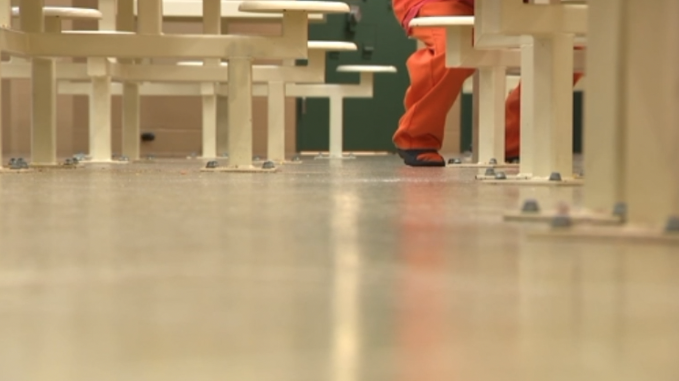Fire Prevention Week highlights cooking safety and you
JACKSON, Tenn. – “Cooking safety starts with you! Pay attention to fire prevention.”

This call to action is the theme for the 2023 Fire Prevention Week.
Fire Prevention Week is celebrated throughout North America every October and is the oldest public health observance on record in the US, entering its 101st year.
From October 8 to October 14, this week works to educate the public about simple but important steps they can take to help reduce the risk of fire when cooking at home.
Cooking is the leading cause of home fires and the number of US. home cooking fire deaths has increased over time.
“An email just came in, a text just came in, those are the kinds of things that happen that take our attention away from our cooking. And it is in those seconds and minutes that a fire can occur. So that’s really what the pay attention piece is all about, is making sure that you’re focused on what you’re doing when you’re cooking,”
Read the full news release below:
National Fire Protection Association expert available to address unattended cooking and cooking fire safety during the oldest public health observance on record (101st year)
According to the National Fire Protection Association® (NFPA®), cooking is the leading cause of home fires and home fire injuries, with nearly half (49 percent) of all home fires involving cooking equipment. Unattended cooking is the leading cause of home cooking fires and related deaths.
“Cooking safety starts with YOU! Pay attention to fire prevention™,” the theme for the 2023 Fire Prevention Week, October 8-14, works to educate the public about simple but important steps they can take to help reduce the risk of fire when cooking at home, keeping themselves and those around them safe.
Andrea Vastis, fire safety expert with NFPA, will be available for interviews to discuss why cooking remains the leading cause of home fires, noting that the number of U.S. home cooking fire deaths has increased over time. This data reflects persistent fire risks associated with cooking at home. Vastis will also share tips for keeping your home safe when cooking. These includes:
Always keep a close eye on what you’re cooking.
For foods with longer cook times, such as those that are simmering or baking, set a timer to help monitor them carefully.
Clear the cooking area of combustible items and keep anything that can burn, such as dish towels, oven mitts, food packaging, and paper towels.
Turn pot handles toward the back of the stove.
Keep a lid nearby when cooking.
If a small grease fire starts, slide the lid over the pan and turn off the burner.
Create a “kid and pet free zone” of at least three feet (one meter) around the cooking area and anywhere else hot food or drink is prepared or carried.
Fire Prevention Week is celebrated throughout North American every October and is the oldest public health observance on record in the U.S. Entering its 101st year, Fire Prevention Week works to educate people about the leading risks to home fires and ways they can better protect themselves and their loved ones. Local fire departments, schools, and community organizations play a key role in bringing Fire Prevention Week to life in their communities each year and spreading basic but critical fire safety messages.
About Fire Prevention Week
NFPA has been the official sponsor of Fire Prevention Week since 1922. According to the National Archives and Records Administration’s Library Information Center, Fire Prevention Week is the longest running public health and safety observance on record. The President of the United States has signed a proclamation declaring a national observance during that week every year since 1925. Visit www.firepreventionweek.org for more safety information.
About the National Fire Protection Association (NFPA):
Founded in 1896, NFPA is a global, self-funded, nonprofit organization devoted to eliminating death, injury, property and economic loss due to fire, electrical and related hazards. The Association delivers information and knowledge through more than 300 consensus codes and standards, research, training, education, outreach and advocacy; and by partnering with others who share an interest in furthering the NFPA mission. For more information, visit www.nfpa.org. All NFPA codes and standards can be viewed online for free at www.nfpa.org/freeaccess.











